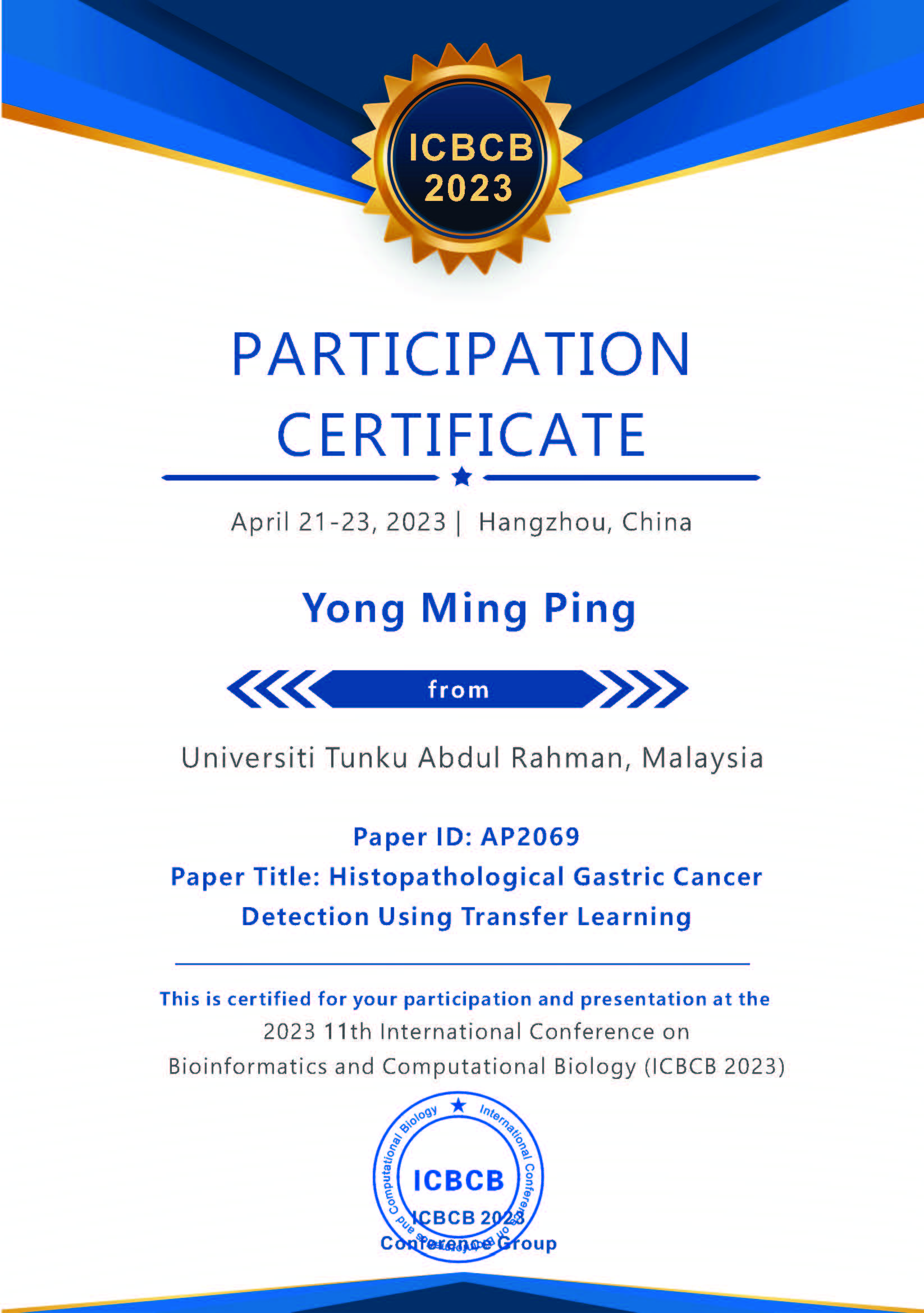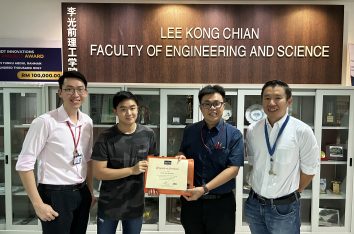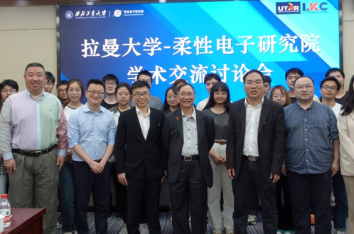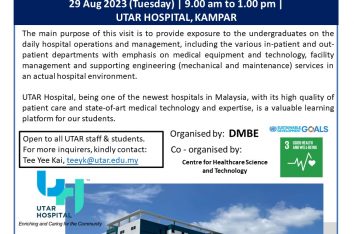Mr. Yong Ming Ping, a PhD student, presented his paper titled “Histopathological Gastric Cancer Detection Using Transfer Learning” at the 11th International Conference on Bioinformatics and Computational Biology (ICBCB 2023), held from April 21-23, 2023. The conference received funding under the CHST Research Center Excellent Award.
Gastric cancer is a major contributor to cancer-related deaths globally, emphasizing the importance of early detection for improving patient survival rates. Histopathological image analysis (HIA) is currently the gold standard for this purpose, but it is time-consuming and labour-intensive. Consequently, there has been growing interest in computer-aided diagnosis to assist pathologists. Deep learning techniques have shown promise in various HIA tasks, although the limited availability of training data in medical imaging has presented a significant challenge. In light of this, Ming Ping proposes the use of transfer learning-based Convolutional Neural Networks (CNNs) for the binary classification of gastric cancer patches, effectively overcoming this limitation.
To validate his approach, Ming Ping conducted experiments on the publicly available GasHisSDB dataset, which comprises three sub-databases with patch sizes of 80 x 80 pixels, 120 x 120 pixels, and 160 x 160 pixels. The experimental results demonstrate that the DenseNet121 model achieved the highest accuracy of 98.68% and an AUC of 98.58% on the 160-pixel sub-database. These findings suggest that Ming Ping’s proposed methodology has the potential to assist pathologists in detecting gastric cancer through histopathological image analysis.
During the online conference session, Ming Ping had the opportunity to attend presentations by researchers from various biomedical and computational backgrounds. This enabled him to stay updated on the latest trends and accomplishments in their respective fields. Furthermore, the researchers demonstrated effective presentation techniques, including clear speech delivery, providing context, and addressing the audience’s questions precisely.

The primary focus of Ming Ping’s work is to facilitate the efficient and accurate detection of histopathology gastric cancer using deep learning. By making gastric cancer detection more accessible, patients can receive timely diagnoses and necessary treatments to improve their well-being. Ultimately, society can benefit from reduced loss of life and productivity associated with gastric cancer.




